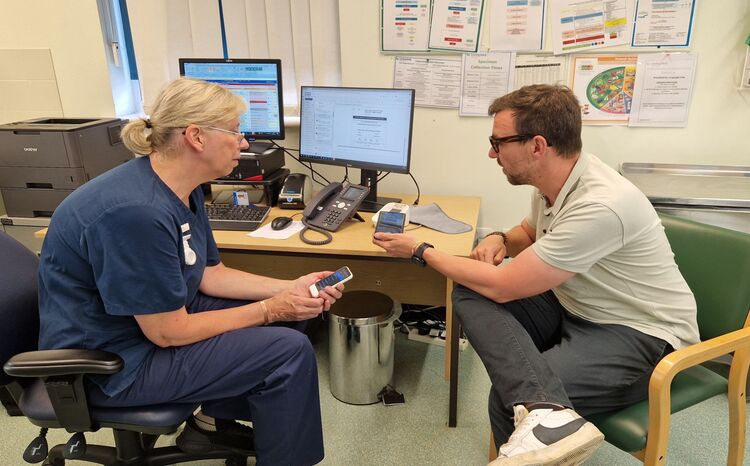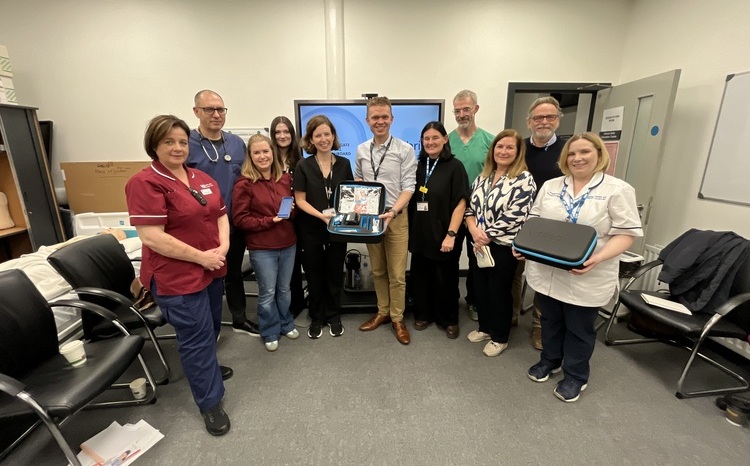Practices to get choice of any LSP primary care system
- 23 March 2005
In a major change of direction all GP practices in England are to get a choice between all the accredited practice systems offered by any of the four local service providers within the NHS National Programme for IT.
In a double announcement the Department of Health will today confirm – as first reported by EHI on Monday – that EMIS have signed a deal with CSC Alliance to provide the alternative GP system for the North West an West Midlands of England.
In addition, the DH will announce a new deal on primary care systems, which will enable practices to have a choice of any accredited LSP-offered primary care system, with the systems paid for by the National Programme.
This will mean that practices across England will be able to choose between accredited primary care systems from iSOFT (previously Torex), In Practice Systems, The Phoenix Partnership and EMIS. Detailed agreements have yet to be reached with all the LSPs on the new approach to GP system choice.
The move should fully meet the choice of systems promised to them in the new General Medical Services (nGMS) contract.
A senior NPfIT source confirmed to EHI on Tuesday that not only had a deal been struck between CSC and EMIS and that initial agreements had been reached with CSC, and BT and Fujitsu Alliance – LSPs for London and the South respectively – to offer a full choice of accredited practice systems.
The source added that a more provisional agreement had also been reached with Accenture, the LSP for the North East and Eastern region.
What is not clear is what the impact will be on existing LSP contracts which were negotiated on the basis of a high degree of standardisation and exclusivity for the limited portfolio of LSP offered solutions. It seems likely that to implement the new direction on GP system choice will require significant renegotiation of the existing contracts.
Commenting on Health Minister John Hutton’s announcement, Dr Richard Vautrey, the British Medical Association’s GPC negotiator responsible for IT said: "We welcome the fact that ministers have taken the issue of system choice seriously and are working towards a solution. This is a possible way forward that helps to address our concerns. We will want to see more detail about the requirements placed on the system supplier.
"Many GPs will be anxious about patient data being stored in a remote location away from the practice. They will need lots of reassurance that safeguards have been put in place to ensure data is stored appropriately and securely and can be accessed as easily as the current arrangements.
"GPs have been at the forefront of NHS computing for many years and have been anxious about changes that may result in poorer functionality or reliability. That is why we are keen to ensure real choice of system is retained in general practice."
Dr David Stables, medical director and co-founder of EMIS said: "The Department of Health’s commitment to extending choice is excellent news that will be welcomed by GPs across the country. The commitment to long-term choice and inter-operability of systems will ensure continuing innovation – benefiting patients and clinicians alike."




